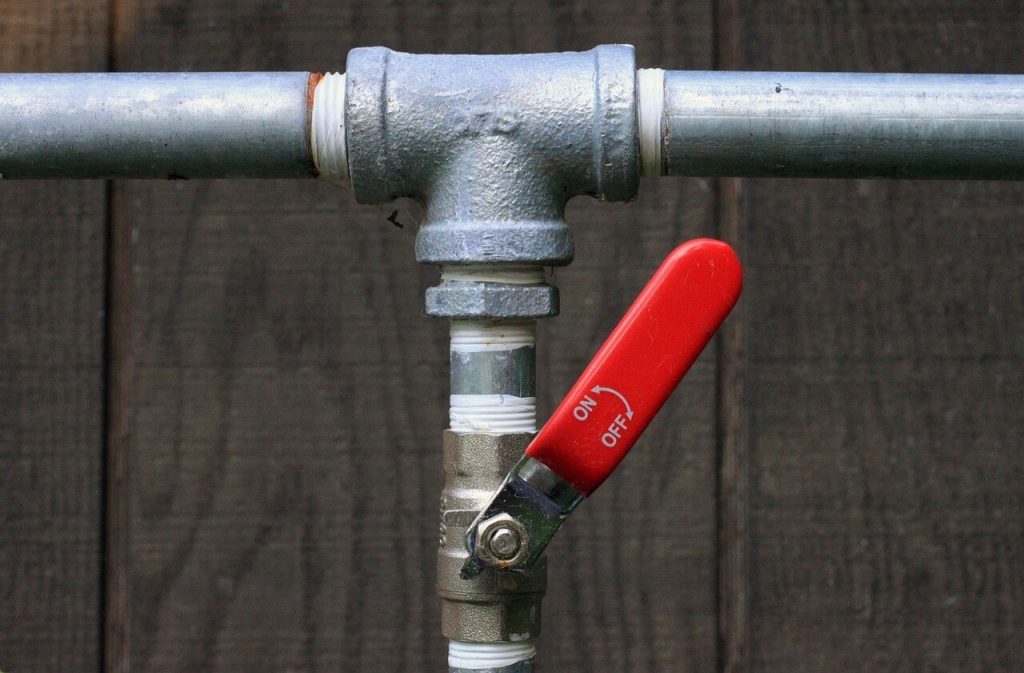7 Valuable House Hunting Tips for Canadians
Discover all the areas that house inspectors recommend you pay particular attention to, from the roofing shingles to the foundation.
Tips for Finding Your Dream House in Canada
Each person has a vision of their ideal home, which is in a desirable location, has all of the required features and conveniences, and is the appropriate size. In reality, any home, whether new or old, will have defects. The essential question is whether these problems are legitimate concerns or warning signs of impending disaster. Here are some basic house-hunting recommendations that every prospective homebuyer should know.

Figure Out Your Budget
The amount of money you have to spend determines whether you can do a job; specific issues are common yet expensive to tackle instantly. A house may require new siding or a roof. The roof is more important since it protects you from the weather. In contrast, the siding is primarily involved with the house’s appearance. Most roofs have a lifespan of about 25 years, and installing a new one costs at least $5,000, with prices increasing depending on the roof size.
Don't Let Minor Issues Bother You
Some problems are less serious than they appear. New buyers are frequently disappointed when a new home in a new development differs from the model home they saw. Many minor defects, such as a faulty stairway finish, are covered by a provincial new home warranty and can be quickly resolved within a month of your move-in.

Prioritize Safety
One of the most crucial pieces of house-hunting advice is to carefully inspect anything that could constitute a safety issue. The electrical system of a house, for example, must be inspected. Insurance companies disapprove of knob-and-tube wiring (common in homes over 50 years old) because it poses a fire risk. To gain insurance, the wiring frequently needs to be replaced within 30 days after closing, a nasty process costing roughly $5,000 per floor. Another issue is that older houses only have a 60-amp electrical supply, which is insufficient for modern appliances. This necessitates purchasing new masks, wiring, and an electrical meter and panel, which can be expensive.

Inspect the Water System
You should also pay attention to the house’s water system. Ensure that the water temperature, pressure, and drainage in the sinks and toilets are all working properly. Request documentation from the seller that the water system is legal and inspected and that any renovations were completed with a permit. Otherwise, you may be unable to obtain insurance coverage for any issues resulting from the renovations.
Beware of Mould
Mould is a major source of concern for any house buyer, particularly in British Columbia. Mould can cause property damage, poor air quality, and health problems. Mould can be created by various moisture sources, including floods, leaks, and illegal marijuana-growing activities. If you purchase a previous grow op, ensure you have the documentation to prove it has been cleaned and inspected following the bylaws. Otherwise, you may have difficulty selling it afterward.
A home inspector’s scope or insurance does not cover mould and other major risks, such as asbestos. A good inspector will express their concerns and direct you to an expert to check and correct them. A competent real estate agent may persuade the seller to deduct the cost of a mould examination from the buying price.
Ensure a Strong Foundation
Foundation issues can be both costly and dangerous. They are caused by various circumstances, including changes in soil moisture, poor drainage, or weak soil, which results in the cracking and shifting of the foundation. This can have an impact on the structure’s stability and safety. To restore the damage, some properties may require extensive foundation repairs. For example, in Toronto’s High Park neighborhood, subsurface water can cause soil movement, making pricey properties even more challenging to repair.
Take Necessary Steps
Follow these steps to make your dream home yours:
- Obtain a mortgage pre-approval. Remember, you are more familiar with your budget than your mortgage broker. You should pay attention to closing costs, legal fees, property taxes, and insurance.
- Pick an agent. Choose someone who is patient and friendly, who can negotiate well, and who is familiar with the areas you are interested in.
- Begin the hunt. List your needs, wants, and deal breakers, and go over them frequently. Don’t let remodelling or landscaping take your attention away from your top concerns.
- Make an offer. Based on recent sales of comparable houses, your realtor will help you figure out the appropriate amount to offer. Because this is an emotional procedure, remember your budget during bidding wars or negotiations.
- Be diligent. The offer to purchase should include a condition that allows you adequate time to conduct a home inspection and have your lender verify the house’s valuation.
Complete the transaction. Your lawyer or notary will have assured that the seller may transfer the residence to you by closing day. You will pay your down payment at the final signing. Your mortgage has been finalized, and you have received the keys. Congratulations!
